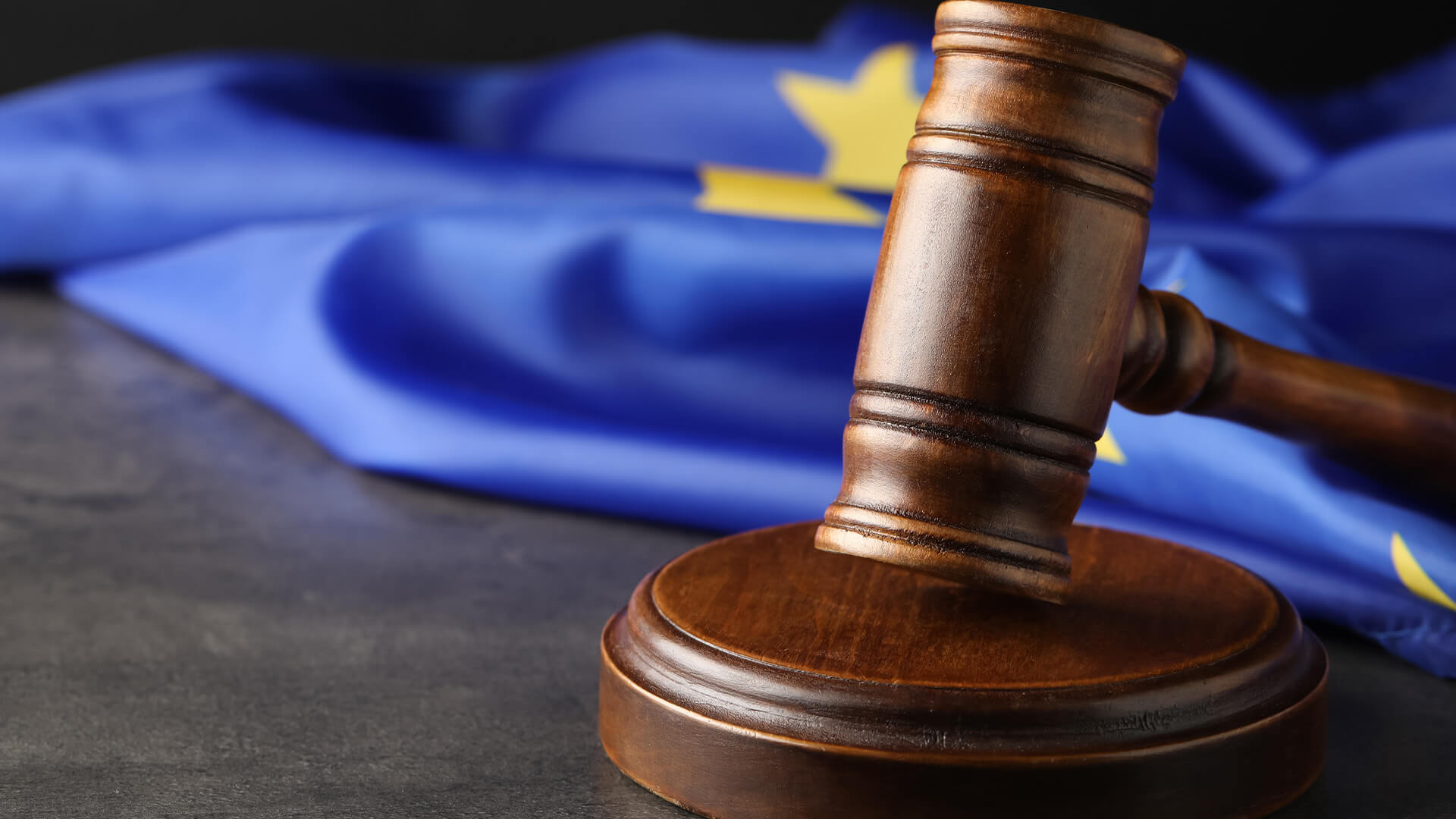Court cases are thankfully a rare event in day-to-day life but can be nothing short of necessary when other forms of recourse fail – whether due to civil cases in the form of personal injury and medical negligence, or commercial claims in relation to copyright infringement or other business disputes.
Civil claims are easily accessible to claimants, allowing the opportunity for fair judgement and recourse to be meted out. However, navigating the court process should only be attempted with the assistance of experienced litigation lawyers, who can help you through the process and ensure the best possible resolution. What are the key steps involved in arriving at such a resolution?
Before Proceedings
In the event that one wishes to make a claim against an individual or organisation, some pre-action proceedings must take place. To start, a ‘letter before claim’ must be sent from the claimant’s solicitors to the defendant, outlining the basis of the claim in question and any particulars involved in the drawing-together of the claim.
This letter is also legally required to explore the possibility of alternative dispute resolution, or ADR – enabling a potential defendant to agree to an alternative means of settlement before claim action is commenced.
These pre-action proceeds are often the resolution to any dispute, and often the better scenario through which to conclude proceedings; civil cases can become expensive and emotionally draining if they culminate in a trial unless pre-trial resolution can save both parties a significant degree of money, stress, and potential publicity.
Commencement of Claim
If the defendant refutes the accusations levied in the letter before the claim, or declines to respond within the window given, the claimant will then file a letter of claim with the court, initiating the legal process properly. This letter of claim formalises the case laid out in the letter before action and outlines the reparations sought.
Once the letter of claim is served by the courts to the defendant, the defendant’s legal team then submit a statement of their own as defence, forming the basis of the case and its particulars.
Exchange of Documents and Evidence
With the claim formally underway, both the claimant’s and defendant’s legal teams are required to share the documents and evidence with which they are building their respective cases.
The timescale for this evidence gathering and announcement process depends on the track that the court has chosen to place the case – small claims, fast track, or multi-track. In the case of fast-track cases, which concern claims with a value between £10,000 and £25,000, the timescale is 30 weeks for direction and trial.
Trial
If no pre-trial settlement has been agreed between the claimant and defendant, the court will arrange a date and time for trial. Civil claims trials will see evidence explained and witness testimony taken on both sides before a judgement is made one way or the other. The losing party will be liable for the legal costs of the winning party – and, in the event of the claimant winning, the defendant will be liable for the cost agreed in the judgement.
Cross-Border Litigation
For those within the European Union, there are laws in place that are specially designed to help businesses and individuals with cross-border litigation. Those with claims up to the amount of €2000 typically use the Small Claims Procedure, or the European Payment Order if it is unlikely that the defendant will contest the amount owed – the latter is also useful for those seeking information in their native language. Taking legal action against someone or a business within a different member state can seem like an intimidating ordeal, but this should not deter from the fact the defendant must face legal action – understand your rights and look for guidance where needed.


























